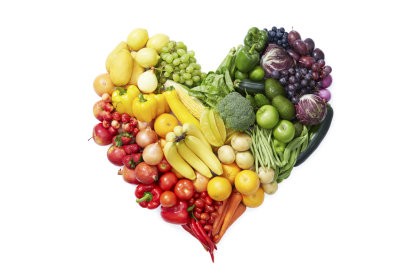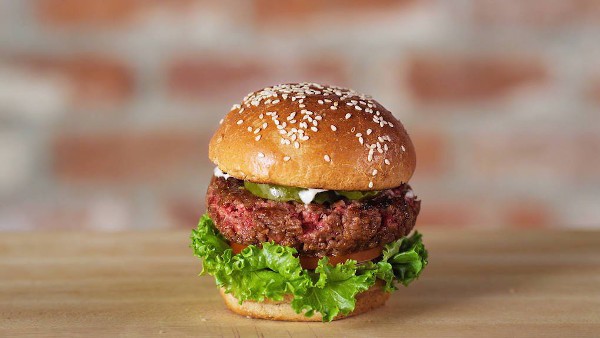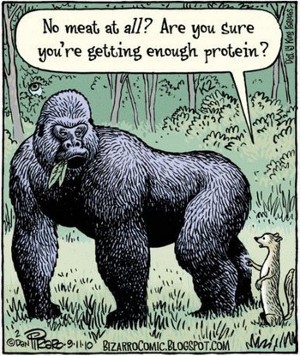By 2050, it is assumend the world population is going to rise up to almost 9 billion people. This is a dramatic surge coming along with one of the most dramatic issue in the world which is famine. Far too many people still suffer from horrible hunger. A study that has been published in Nature Communications which was led by top-notch researchers at the Institute for Social Ecology in Vienna listed several hundreds of ideas to not only face the challenge of the upcoming years but to also successfully solve both the rising food demand and the increasing deforestation which is due to factory farming.
“There’s about to be a whole lot more mouths to feed
By 2050, over two billion additional people will be crammed onto Earth, according to recent estimates.
Such a drastic increase could spell disaster on a number of fronts, and the United Nations has stepped in with a list of sustainable development goals. Key priorities include finding ways to end hunger, achieve food security, and promote sustainable agriculture.
A new study, published in Nature Communications, has put hundreds of ideas on the table. The goal of the study, led by researchers at the Institute for Social Ecology in Vienna, was to find ways to meet the global food demand in the year 2050. And as if that wasn’t a big enough challenge, they set out to meet that demand without without sacrificing any forest — a zero deforestation plan.
DON’T MISS: You Could Be Eating Lab-Grown Burgers by 2020
“The preservation of the world’s remaining forest areas represents a central goal of climate and biodiversity protection,” explains Karlheinz Erb, one of the study’s authors, “but deforestation is frequently justified by the need for more agricultural land.”
Erb and his colleagues conducted comprehensive calculations to analyze the options, considering factors such as agricultural technology, various livestock systems, the extent of land as cropland or as grazing land, as well as human diets.
The researchers found that nearly two thirds of the scenarios would be feasible i.e. they are situations in which the “global food demand is matched by cropland supply, and livestock grazing intensity stays within ecological thresholds.”
Notably, they showed that human nutritional behavior was the single most important factor in determining which scenarios were feasible.
“If the world’s population followed a vegan diet, all combinations of parameters, even those with lowest yield levels and low cropland expansion, would be feasible,” says Erb. “With a vegetarian diet, 94 percent of all of our calculated scenarios would be feasible.”
On the other hand, preserving forests becomes increasingly difficult as more animal products are consumed. When researchers assumed a diet consisting mainly of meat, only 15 of the 500 original ideas permitted zero deforestation.
It wasn’t all bad news for livestock production. Livestock farming can allow the use of areas that are not suitable for growing crops, contributing to food availability. However, this benefit is lost if animals are fed with cropland products — a common source of animal feed.
All in all, it seems that there is hope for the world’s food supply, but it strongly depends on the world’s dietary choices. This research draws a map to help navigate the challenges of feeding a growing population while curbing deforestation — two goals that need not conflict.”
Source: thescienceexplorer.com!








9 BILLION. People need to stop breeding so much
This is freaking SCARY!!!
It would be nice if the “fucking frenzy” took a chill but it’s really not hard to understand if we stop feeding cattle a lot of bad$#%&!@*will disappear
PJ Worthington